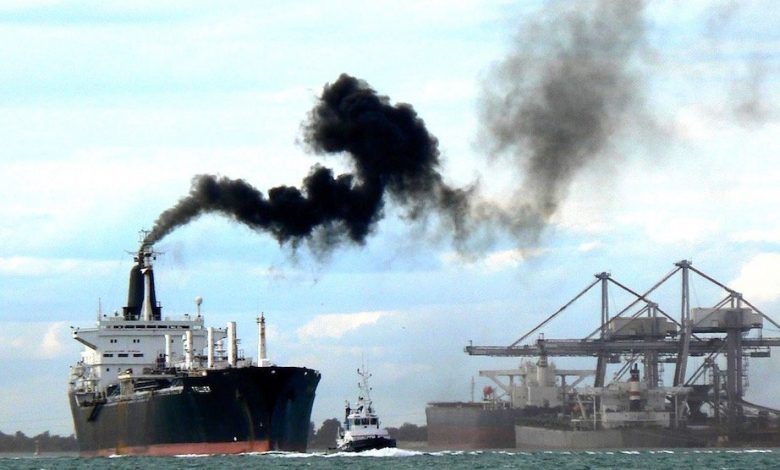Shipping regulation in uncharted waters

Never again, seems to be the consensus industry view on the Ballast Water Management Convention and the revision of Marpol Annex VI. The trouble is that shipping seems as divided as ever about what to do with the next big challenge: carbon.
Carbon isn’t even a new agenda item for the MEPC, but the increasing noise over the issue is threatening to turn an admittedly huge challenge into something that sees a third set of unpopular rules added to the statutes.
Managing CO2 emissions might not present the same risk of technology/solution mismatch as did the BWM Convention, but it has the potential to ratchet up costs for owners and shippers at a time when the costs of low sulphur shipping have not yet been fully calculated.
Yet again there is unilateral action by the EU, which through its MRV programme is trying to force the pace. The IMO’s own work to capture data on the global fleet has not yet got going but its GHG studies have at least begun to establish data baselines.
Shipping might not fear an Emissions Trading Scheme for shipping, given the failure of the EU’s previous attempts, but the threat of some kind of carbon tax within its waters is enough to concern owners.
Much closer is the Paris climate conference later this year, though again, shipping might take cynical comfort in the fact that since Kyoto, these have produced plenty of hot air but little by the way of firm commitments to cut emissions.
The developing nations not bound by Kyoto have campaigned assiduously at IMO against any kind of market-based mechanism to pay for carbon and will likely do so again this week. But they now have new allies, or at least enemies of their enemies.
The Marshall Islands – the world’s third biggest flag state – went a bit rogue last month and called for the setting of a new global target for reducing greenhouse gas emissions, effectively suggesting it should join the international climate negotiations.
That may seem counter-intuitive and even unhelpful, but the flag clearly feels the time for leaving IMO to get on with it, is over.
Shipowners and their associations remain largely opposed to MBMs but admit that they have little by way of concrete alternatives that would build on the progress made by the EEDI and SEEMP.
This might also suggest that owners have more pressing issues to worry about than carbon emissions and it could also be that in the developed world, the issues of ‘global warming’ or ‘climate change’ are less on voters’ minds than they were.
However hard the industry wishes though, carbon isn’t going away. It won’t happen at this MEPC, but there is a need for an industry-wide vision on shipping’s role in carbon emissions, which endorses the IMO as primary regulator and seeks to build consensus that shipping’s disparate interests can work with.
Pitching this as a solution that comes from within the industry, that is not dependant on blue-sky technology that has been subject to cost/benefit analysis might be a good start in avoiding a repeat of the mistakes in our very recent past.
